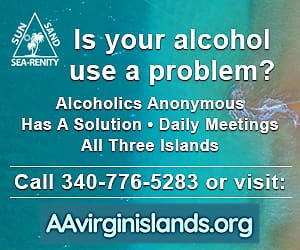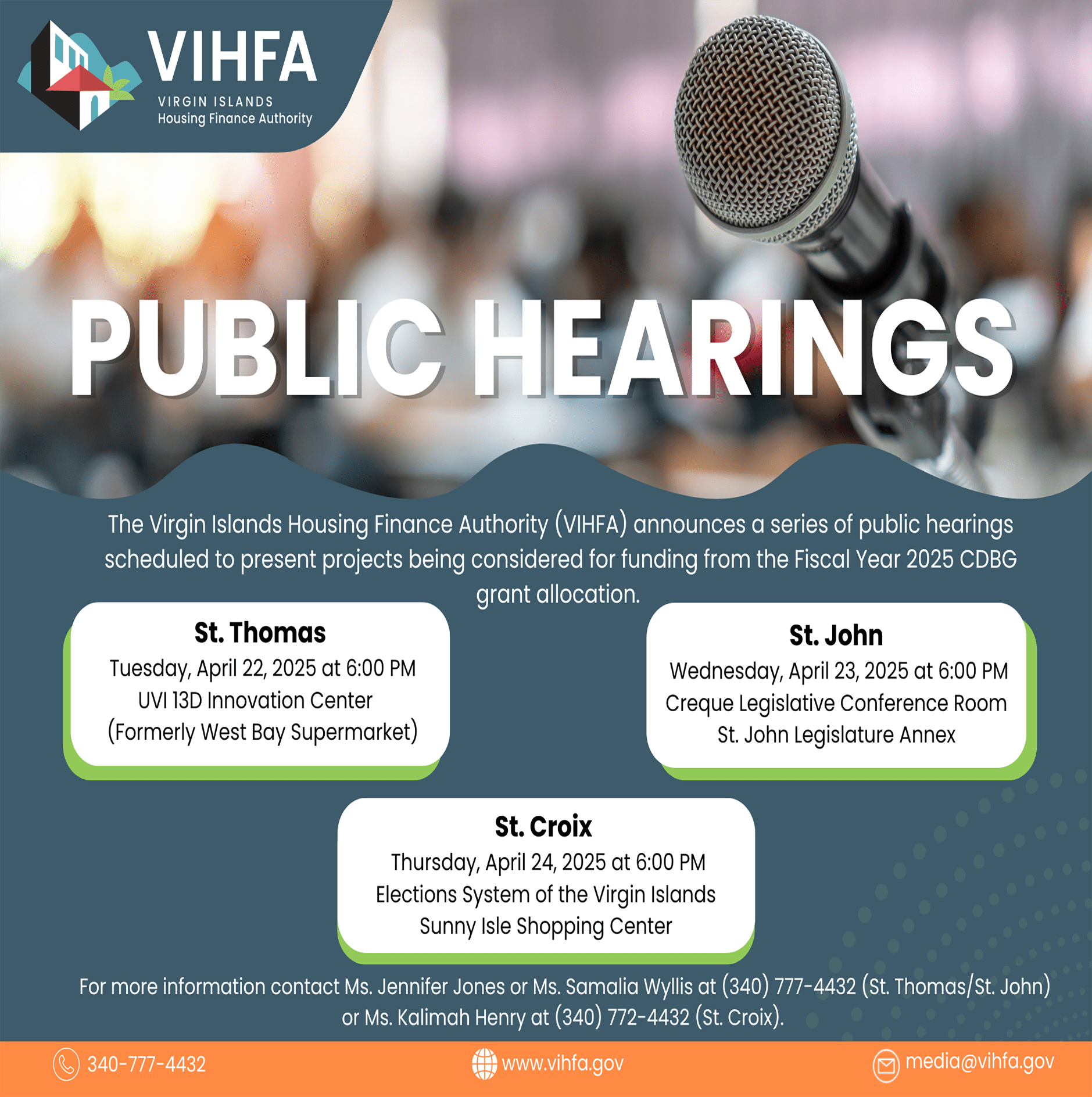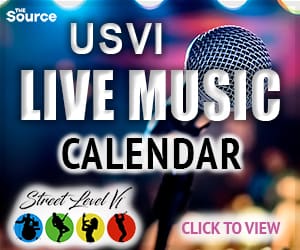
Southern Sustainable Agriculture Research and Education, or SSARE, has been sowing seeds for sustainable agriculture in the U.S. Virgin Islands. DaraMonifah Cooper, Southern SARE communication specialist, said that over the past few weeks, a team of representatives has visited farmers on St. Croix, St. Thomas, and St. John.
The representatives conducted farm tours individually and in groups. They also met with staff, faculty, and students at the University of the Virgin Islands, representatives from different agriculture-related agencies, and representatives from the agriculture business center.
Cooper said the mission of these meetings served different purposes; however, the real topic was the funding of the program for research and education as well as professional development, travel scholarships, and event sponsorships pertaining to sustainable agriculture. The team met with different stakeholder groups, exchanging insights on their activities, needs, and challenges, and in return, SARE shared its program solutions and suggested other programs that might be helpful.
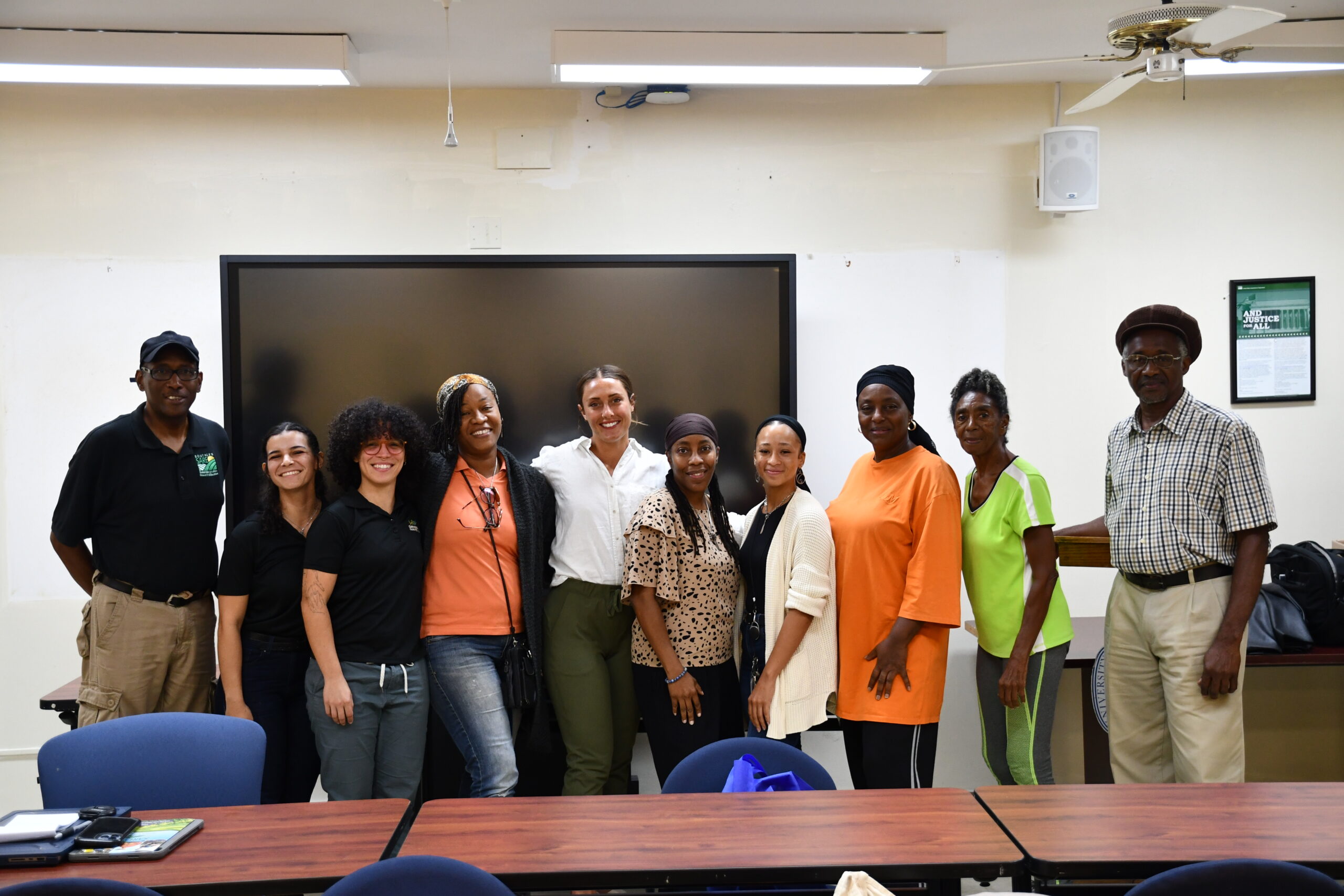
“Visiting small farms on the Virgin Islands has shown me the resilience and dedication of local communities in their pursuit of sustainable agriculture and food sovereignty. By partnering together and sharing simple technologies, we can enhance production through soil conservation and improve food security through post-harvest education. True progress comes from mutual respect and working hand-in-hand with those who know the land best,” said Gabriella Soto-Velez, sustainable agriculture specialist at the National Center of Appropriate Technology.
Cooper said that the most recent outreach received an excellent reception and great cooperation from the farmers. “To give an idea of what comes next, within the next weeks, SSARE will compile and analyze all of the data collected to develop a strategic funding plan for the territory based on what we learned from the farmers as well as those supporting them within the government,” she said.
“This plan will contain an overview of the opportunities and challenges facing agriculture in the Virgin Islands, identification of key stakeholders and the development of a contact list, and an analysis of the grant opportunities that could fund potential projects on the islands and go through a matching process. The plan also involved an analysis of the gaps that could prevent successful access to grant opportunities and the development of a plan to remove them. Last, SSARE will develop a timeline to apply for identified grants and a goal for the total dollars that could realistically be brought into the Virgin Islands,” said Brennan Washington, Southern SARE Southeastern Outreach coordinator who lead all of the meetings along with Cooper, who coordinated them.
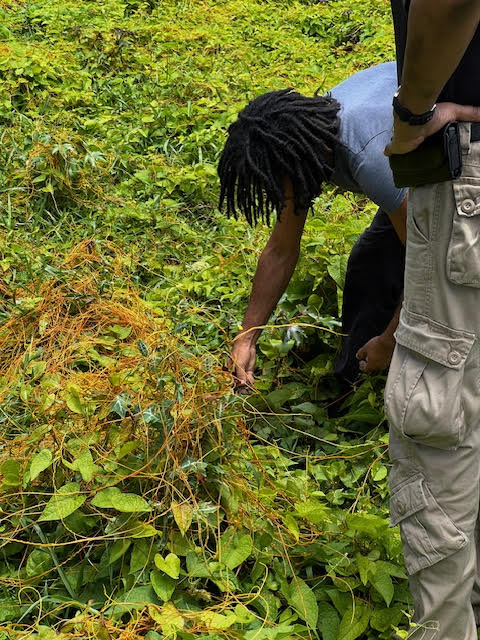
Sustainable Agriculture Research and Education has provided over $1 million in total funding and 25 grant projects since 1988. Grants range from $3,000 to $400,000. Some are competitive grants, and others are not.
“We are not replicating any services that already exist. We are working together with the Department of Agriculture, the School of Agriculture, and the University of the Virgin Islands,” said Cooper.
“A lot of times these external agencies come in and basically replicate services we offer here. This is something we strategically did not do because we met first with Commissioner Petersen from the Department of Agriculture and asked him what he thought the areas that needed support were,” she said.
Cooper said that SSARE continues to look forward to working closely with the Agriculture Department and Cooperative Extension Service to elevate USVI agriculture and help keep them informed of their progress.
Cooper said that the team will be following up with fisheries and those who were not able to attend. If you are interested in learning more about SSARE and were not able to attend their outreach, contact communication specialist DaraMonifah Cooper at dcooper@sare.org or visit www.southern.sare.org.





